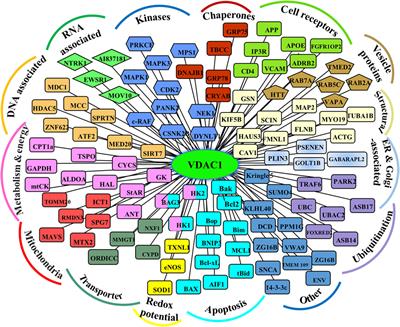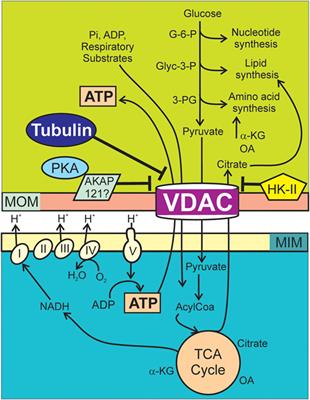EDITORIAL
Published on 22 Dec 2017
Editorial: Uncovering the Function of the Mitochondrial Protein VDAC in Health and Disease: From Structure-Function to Novel Therapeutic Strategies
doi 10.3389/fonc.2017.00320
- 1,677 views
- 5 citations
11k
Total downloads
37k
Total views and downloads
You will be redirected to our submission process.
EDITORIAL
Published on 22 Dec 2017
PERSPECTIVE
Published on 19 Dec 2017
REVIEW
Published on 31 Jul 2017

REVIEW
Published on 23 Jan 2017

REVIEW
Published on 23 Dec 2016

ORIGINAL RESEARCH
Published on 11 Nov 2016

